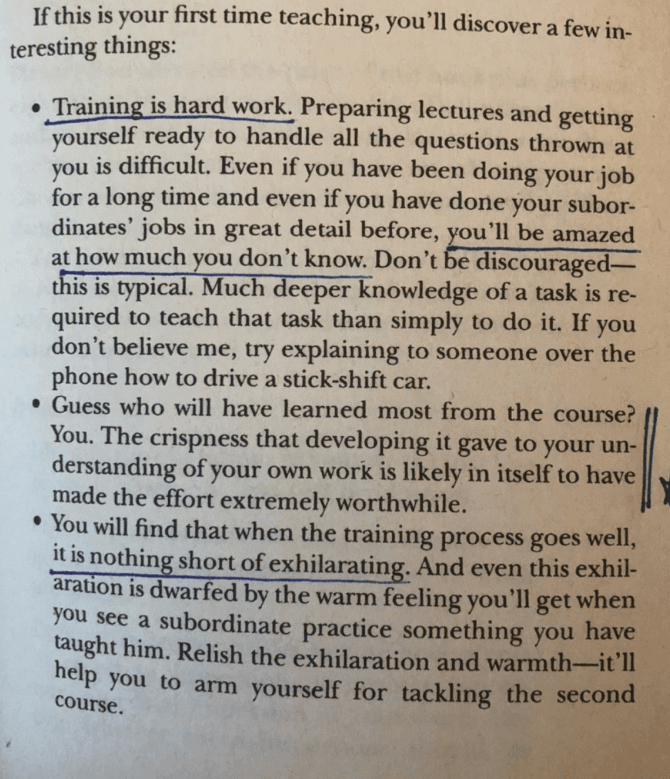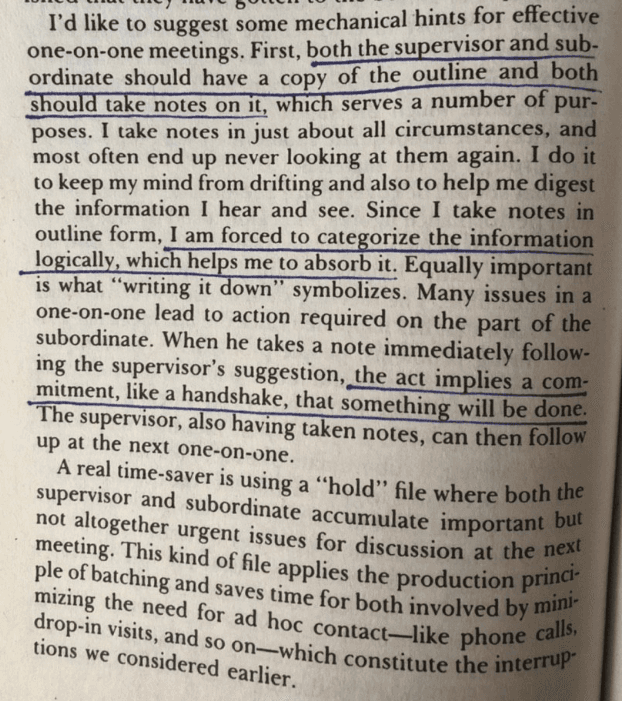🧵 View Thread
🧵 Thread (18 tweets)

Have decided to revisit High Output Management because I believe it will improve my performance at Overcooked 2 https://t.co/u4tl8YyKwE
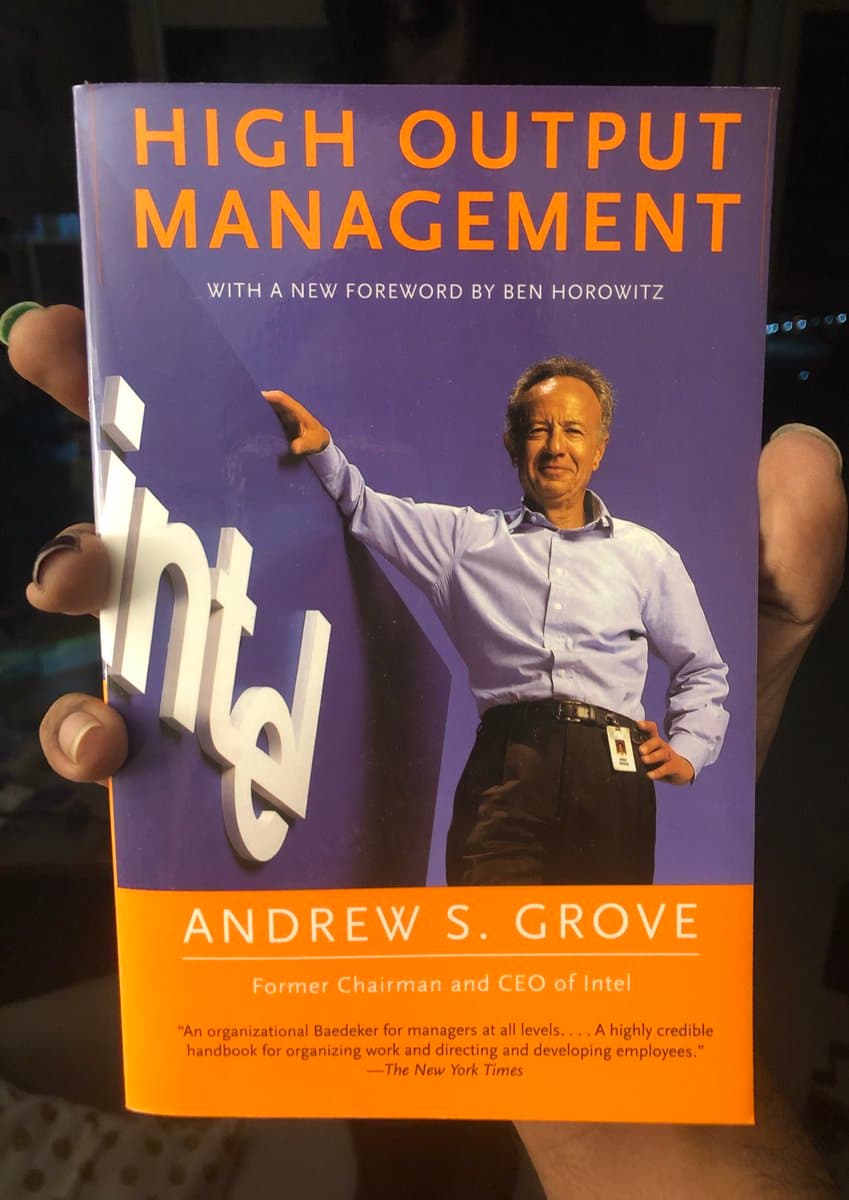

In the 1995 update to the book, Grove talks about how globalisation and Japanese DRAMs changed the game for Intel, who decided to cut their losses and switch to making microprocessors instead. Logical in theory, ugly in practice (shutter factories, fire employees)

On globalisation: “If the world operates as one big market, every employee will compete with every person anywhere in the world who is capable of doing the same job. There are a lot of them, and many of them are very hungry.”

On planning: "You need to plan the way a fire department plans. It cannot anticipate where the next fire will be, so it has to shape an energetic and efficient team that is capable of responding to the unanticipated as well as to any ordinary event."

On optimism: "You can't be optimistic about the future until you have survived the crucible of change." Incredibly powerful sentence. The future is scary to those who have not survived change. Once you know you can survive it, change is exciting, change is interesting

"So, Ms. Manager, you know more about our product's viral loop than anyone in the company? That's worth exactly nothing unless you can effectively transfer that knowledge to the rest of the organization." – from Ben Horowitz's foreward to the book

"When a person is not doing his job, there can only be two reasons for it. The person either can't do it or won't do it; he is either not capable or not motivated. [...] All you can do to improve the output of an employee is to motivate and train. There is nothing else."

Should you be friends with the people you manage? "Imagine yourself delivering a tough performance review to your friend. Do you cringe at the thought?" If yes, don't do it, it'll hurt your work If no, do it – your friendships will likely strengthen your work relationships https://t.co/aHAqcOZVXM
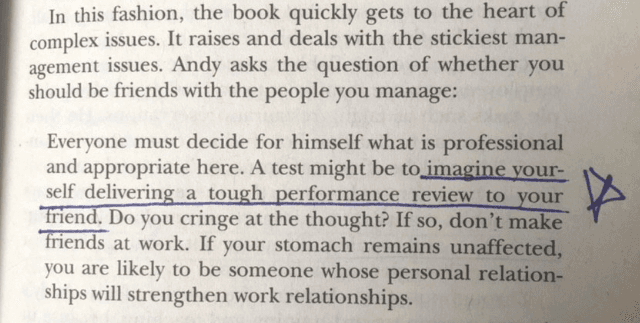

In chapter 1, Andy trains us to think more clearly about the basics of producing anything. Making anything is a game of processes, and every choice you can make has pros and cons. This seems obvious, yet people seldom really question or analyze their inherited configurations https://t.co/anVu9XU3a4
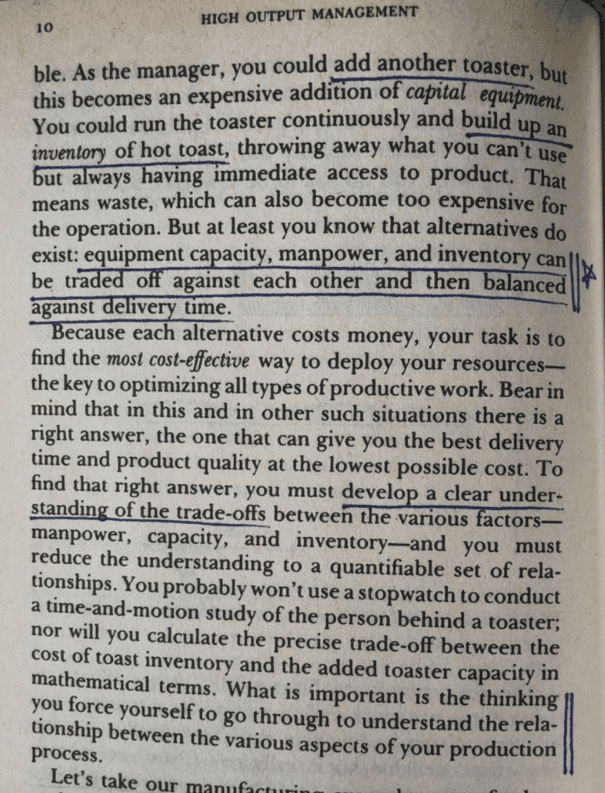

chapter 2, he talks about the importance of using the right indicators to get a good overview of your operations I enjoy how clearly he lays it all out – there are some parallels here with good video games. Just reading this makes me want to review my own processes & indicators https://t.co/zy4mwOCF7l
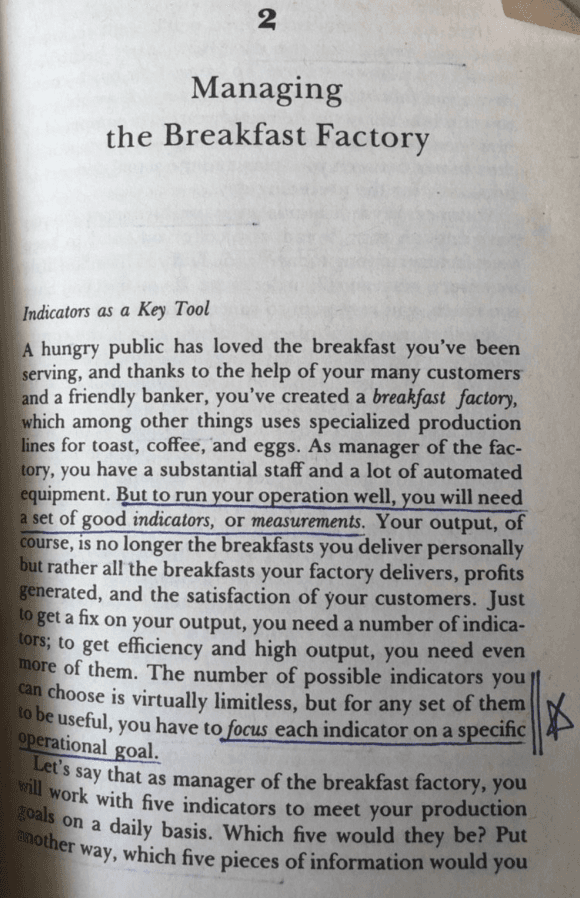

on the importance of pairing indicators – eg inventory levels and incidences of shortages – so you don't end up overoptimizing on one front https://t.co/t1bwFLFVd6
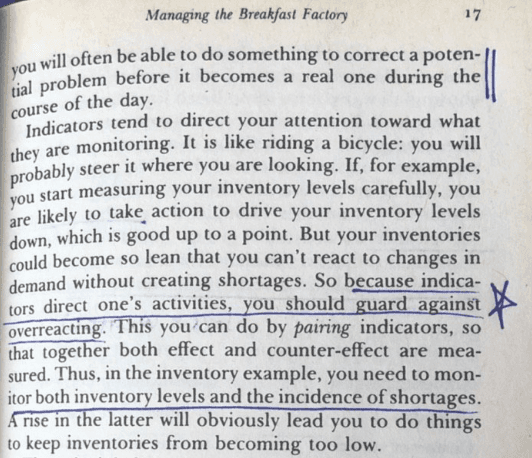

useful mental model: any production process is a "black box", where stuff goes in and stuff comes out to improve production, you need to "cut some windows" into the box so you can see some of what goes on, and get early warning signs if things are going off-schedule https://t.co/HY2C4hgdqo
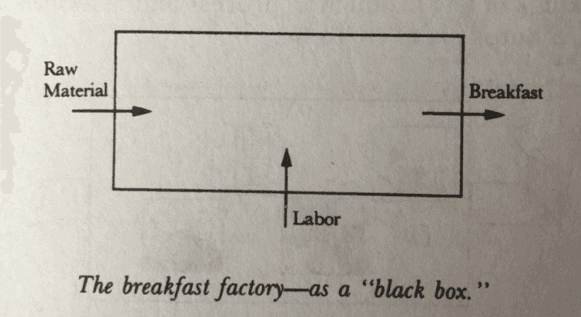

On forecasting: "It's too bad that all economists and investment advisers aren't obliged to display their forecasts in a stagger chart form. Then we could really have a way to evaluate whatever any one of them chooses to say." – Andy Grove, 1983 https://t.co/iGBYLgcRXU
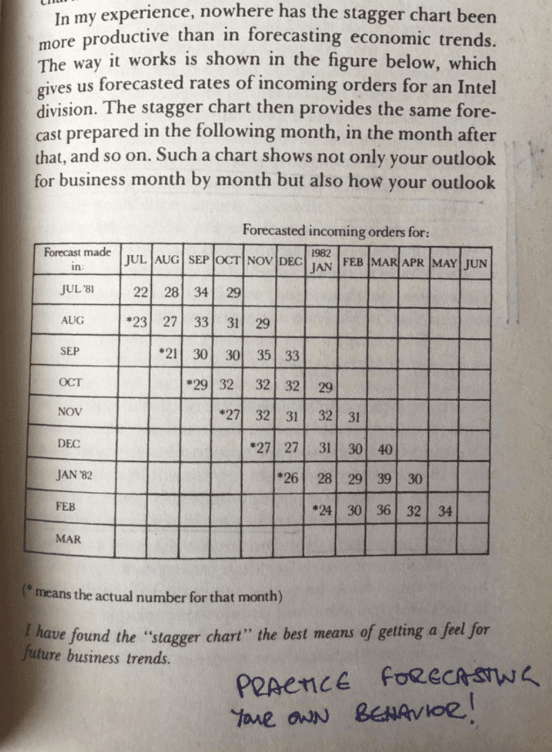

Whenever I recommend books, it's less about what's in it, and more about the author's way of being. Andy Grove had this procedural intelligence and also a great nurturing "teacher" energy. He clearly had a lot of experience dealing with FAQs, and respect for everybody's time https://t.co/3hKurBOVnv
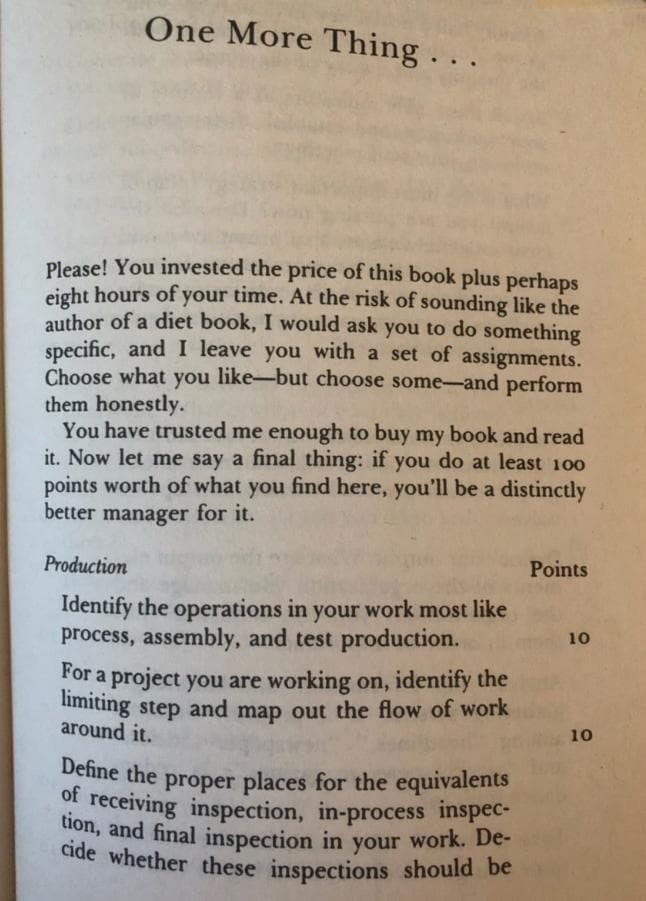

IMO, Andy saw it as his job to train and motivate everybody, and to train and motivate everybody to train and motivate everybody else. Which is a blessed thing in my eyes. What do you think he'd have said about "slowing down A players to train young people?" https://t.co/mXKtNhv2GW
